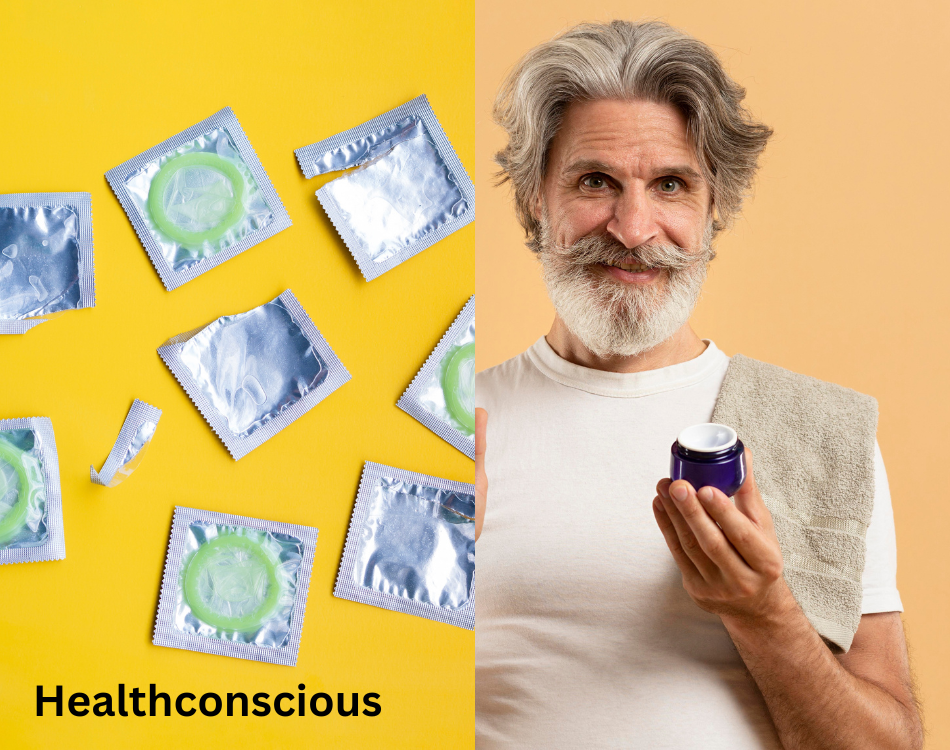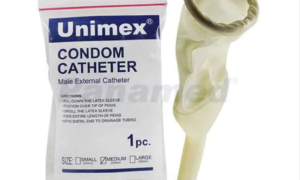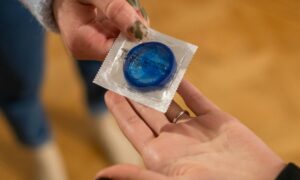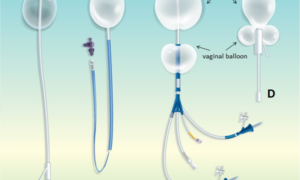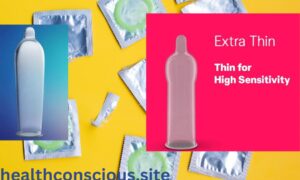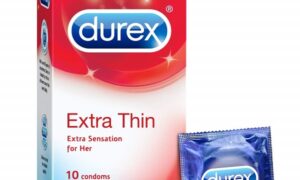How Old Do You Have to Be to Buy a Condom?
Acquiring condoms marks a pivotal stride toward embracing responsible sexual health habits. However, many, especially the youth, might grapple with apprehension or uncertainty when it comes to procuring condoms, often owing to age restrictions and societal conventions. This piece aims to dissect the legalities, significance, and accessibility of condoms, shedding light on the pressing inquiry: What is the minimum age requirement for purchasing condoms?
Introduction to Condom Purchases For most adults, buying condoms is a straightforward affair. Yet, it presents hurdles for minors or those below the legal age threshold for such purchases. Condoms stand as indispensable aids for practicing safe sex, serving as barriers against sexually transmitted infections (STIs) and unintended pregnancies.
Legal Age for Buying Condoms
Different Laws Across Countries
The legal age for purchasing condoms varies from country to country. In some nations, there are no specific age restrictions, while others may impose age limits or require parental consent for minors to obtain condoms.
Age Restrictions in the United States
In the United States, there is no federal law prohibiting minors from buying condoms. However, individual states may have their own regulations regarding the age at which individuals can purchase condoms without parental consent.
Importance of Using Condoms
Regardless of age, using condoms is crucial for safeguarding sexual health. Condoms serve a dual purpose in sexual health.
Condoms not only prevent the spread of sexually transmitted infections (STIs) but also serve as an effective method of contraception. This offers a reliable way to avoid unintended pregnancies, thus improving overall reproductive health.
Access to Condoms for Minors
Confidentiality and Privacy
Many health organizations prioritize confidentiality and privacy when providing condoms to minors. This ensures that young individuals can access these essential resources without fear of judgment or disclosure.
Education and Awareness Programs
Educational initiatives aimed at teenagers and young adults play a vital role in promoting condom use.
These programs empower individuals to make informed decisions about their sexual health by offering information on safe sex practices and highlighting the importance of protection.
Parental Consent and Involvement
In certain places, parents might need to give the green light for minors to buy condoms. However, in other places, what truly counts is fostering open conversations between parents and their children about sexual health. Talking openly can ease worries and make sure young people can get the support they need.
Alternative Methods of Access
Clinics and Health Centers
Health clinics and community centers often offer free or low-cost condoms to individuals of all ages. These facilities prioritize accessibility and may provide additional sexual health services, such as STI testing and counseling.
Online Purchases
The rise of e-commerce has made purchasing condoms discreet and convenient. Numerous online retailers provide a broad range of condom options, enabling individuals to explore and purchase products conveniently from their own homes.
Overcoming Social Stigma
Despite efforts to promote sexual health awareness, there remains a social stigma surrounding the purchase and use of condoms. Breaking down barriers and challenging misconceptions is essential for fostering a culture of acceptance and responsibility.
Educational Resources on Safe Sex
Access to reliable information about safe sex practices is key to promoting condom use among individuals of all ages. Online resources, sexual health clinics, and educational campaigns offer valuable guidance on condom selection, usage, and disposal.
Common Misconceptions About Condom Use
Effectiveness of Condoms
One common misconception is that condoms are not 100% effective in preventing pregnancy or STIs. While no method is foolproof, proper and consistent condom use significantly reduces the risk of transmission.
Health Benefits of Condom Use
Apart from preventing sexually transmitted infections (STIs) and unplanned pregnancies, using condoms also brings various health advantages. These include lowering the risk of cervical cancer and fostering overall sexual well-being.
Conclusion
To wrap up, there’s typically no set age requirement for purchasing condoms in many regions, including the United States. Nevertheless, access to condoms for minors could differ based on local regulations and policies.
Prioritizing sexual health education, diminishing the stigma surrounding condom use, and ensuring access to these vital resources for individuals of all ages are all crucial steps.
FAQs of How Old Do You Have to Be to Buy a Condom?
- Is there an age limit for purchasing condoms?
- While there may be legal age restrictions in some areas, condoms are typically available to individuals of all ages.
- Do I need parental consent to buy condoms if I’m under 18?
- It depends on local regulations. Some places may require parental consent, while others prioritize confidentiality for minors.
- Are condoms effective in preventing STIs and pregnancies?
- Yes, when used correctly and consistently, condoms are highly effective in reducing the risk of STIs and unintended pregnancies.
- Can I buy condoms online if I’m uncomfortable purchasing them in person?
- Yes, many online retailers offer discreet packaging and convenient delivery options for purchasing condoms.
- Are there age-appropriate resources available for teenagers to learn about safe sex?
- Absolutely, numerous educational programs and online resources cater to teenagers and young adults, providing comprehensive information on safe sex practices.

